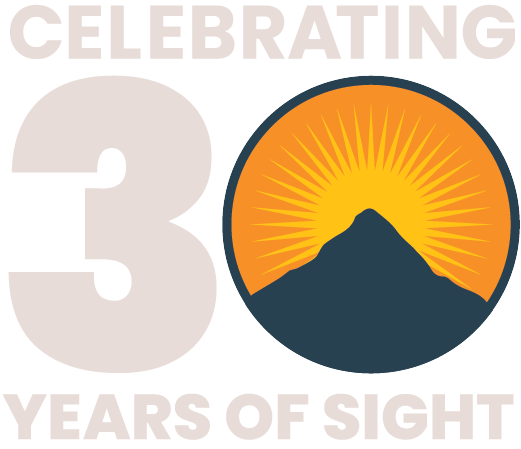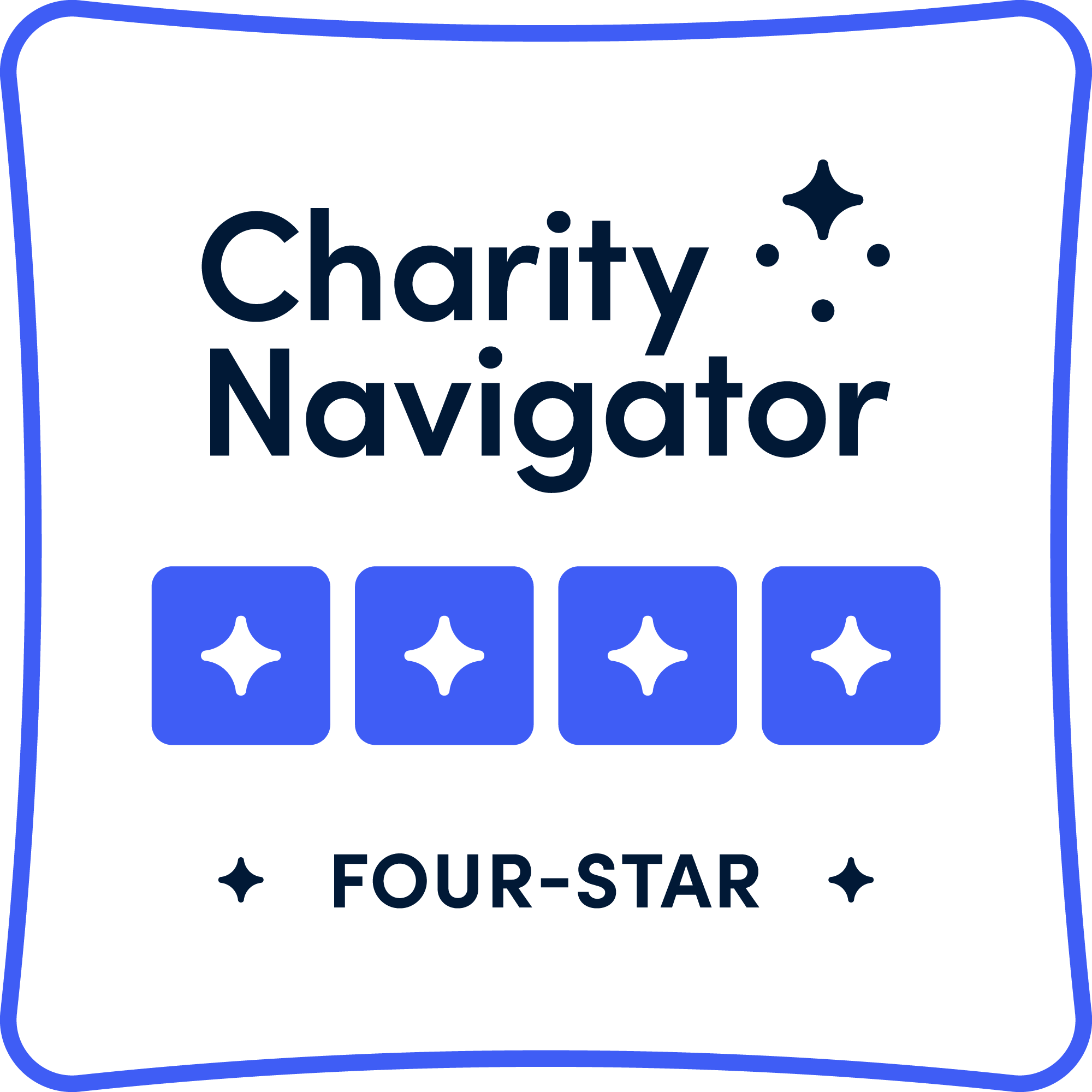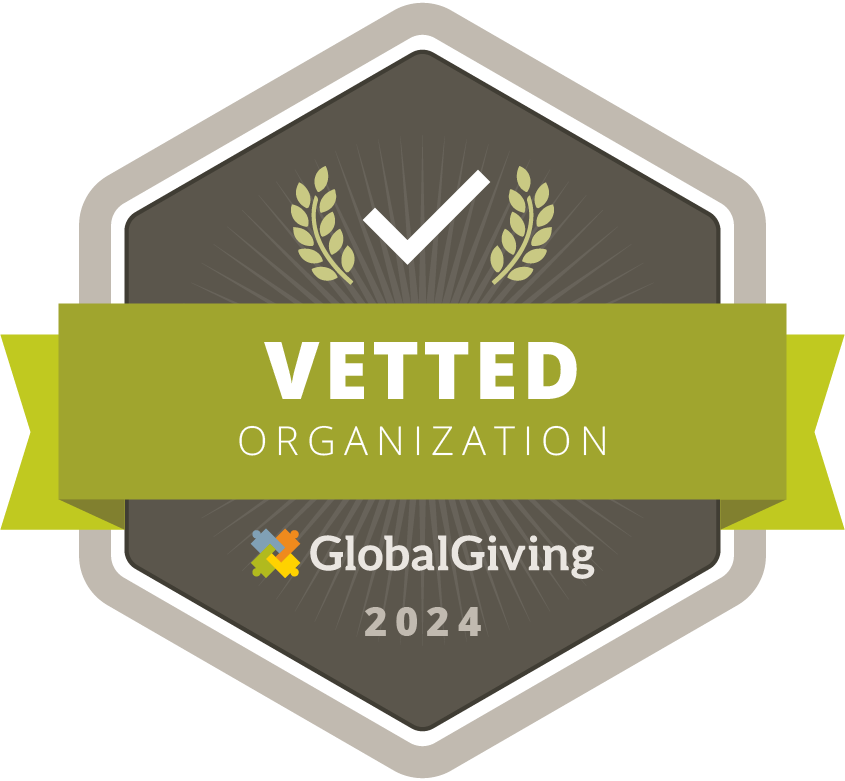Philanthropy & Artificial Intelligence's role
The Chronicle of Philanthropy recently published the opinion piece, "Philanthropy Needs to Prepare Itself for a World Powered by Artificial Intelligence", exploring the role that philanthropy can play in support of A.I. and its positive potential, as well as the need to more “deeply understand how to harness, steer, and govern these tools to prevent misuse and ensure they are deployed for social good.”
The article also announced that the Patrick J. McGovern Foundation will be merging with Silicon Valley-based Cloudera Foundation to provide greater A.I. resources and expertise to grantees. "The Patrick J. McGovern Foundation and their new merged team should be commended for this transformative step forward in furtherance of serving the INGO community with A.I. tools for equity,” shared HCP CEO Job Heintz.
The authors argue that foundation leaders should consider how A.I. technologies affect their key focus areas. Himalayan Cataract Project efforts to develop a global data standard for cataract surgeries was touted as an example on how organizations can make strides now that prepare for the rise of artificial intelligence as a tool to impact ethical change.
“The Himalayan Cataract Project, for example, which seeks to cure blindness around the world through simple and inexpensive cataract surgery, is building a shared framework for how patient data is gathered, distributed, and used among ophthalmologic health organizations. This common standard not only gives health workers better insights on how to treat patients who may be served by multiple organizations but also ensures their privacy by imposing strict guidelines on how the data is used.”
With support from the Patrick J. McGovern Foundation, a 21st century philanthropy advancing artificial intelligence (AI) and data solutions to create a thriving, equitable, and sustainable future for all, HCP is working with a host of partners to develop a Global Data Standard for Cataract Surgical Services (GDSCSS). The GDSCSS will outline recommended data points to be collected at all stages of a cataract surgical intervention, targeted at enabling globalized aggregation for broader analyses. The standard will help gather crucial data in low resource settings that can lead to improved cataract outcome data aggregation and enable globalized analyses.




